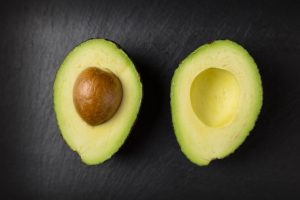By Heide Kennedy, Arizona Farm Bureau Communications Intern
Do you ever feel just downright wiped out? Often times when I feel that way my first move is to reach for a cup of coffee or an energy drink, which sometimes doesn’t help and leads to another crash later in the day. These feelings of fatigue can be caused by many different things, and there are also multiple things that you can do to help combat it. 
According to the Mayo Clinic, fatigue is most often caused by one or more lifestyle factors. These can include but are not limited to poor diet, medication side effects, lack of sleep, and too little or too much physical activity. Additionally, fatigue can also be caused by a wide variety of different health issues as well.
Thankfully, there are many ways to help fight that fatigue. Psychology Today suggests these tips for getting rid of fatigue. Things such as increasing physical activity, paying attention to diet, reducing caffeine intake, staying hydrated, sleeping well, and managing stress are all crucial when it comes to controlling fatigue.
It is never fun to always be feeling wiped out and exhausted. Take a moment to evaluate your lifestyle and see if you can identify one or more things that might be causing your fatigue and take the necessary steps to help stop it.
For more articles about health, check out the Fill Your Plate blog!





